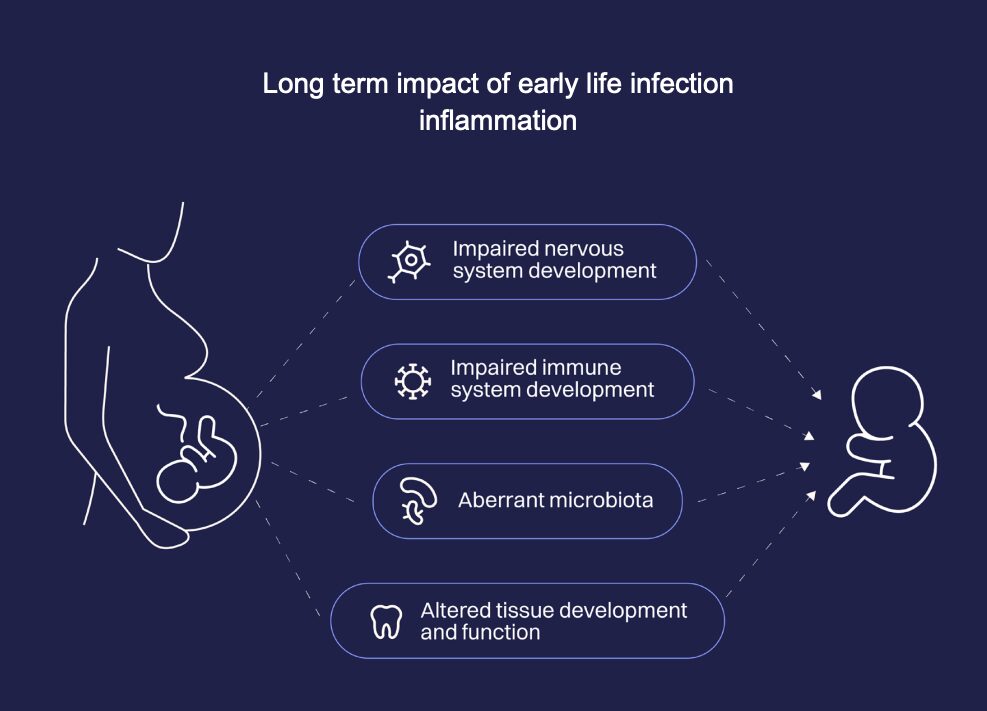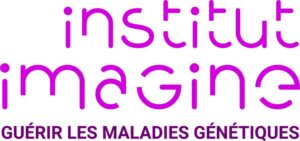
According to the World Health Organization (WHO), the proportion of people aged over 60 will nearly double between 2000 and 2050, reaching 22% of the global population. At the same time, early-life conditions remain critical determinants of lifelong health. Environmental exposures, infections, and microbiome imbalances during pregnancy and infancy can influence the risk of allergies, metabolic disorders, and neurodevelopmental diseases. Both extremes of life thus represent windows of vulnerability — but also opportunities for prevention.
The Institut Pasteur explores physiology and immune responses across key stages of life, focusing on early development — particularly the maternal–child dyad — and on aging. These two life periods are marked by heightened vulnerability to infection and disease: in infancy, the immune system is still maturing, while in later life, tissue repair and immune defenses decline. Understanding these biological transitions is essential to improving health and longevity.
Pasteur 2030 Strategy
Pasteur 2030 focuses on deciphering the mechanisms that govern immunity, inflammation, and tissue repair during these critical stages of life.
The Institute mobilizes its expertise in developmental biology, immunology, neuroscience, microbiology, and data science to:
1- Understand the maternal–child relationship during the first 1,000 days, identifying factors that shape health trajectories and disease predisposition.
2- Investigate the biology of aging and immune decline, aiming to promote healthy aging and improve responses to infections and vaccination.
These efforts are supported by close partnerships with, notably, Université Paris Cité, Institut Necker, Institut Imagine, and the Pasteur Network, fostering translational research on mother–child health and aging. By integrating epidemiology, molecular biology, and clinical science, the Institut Pasteur contributes to a global understanding of health across the lifespan — from conception to advanced age.
Flagship Projects
Maternal–Child Dyad Program
This program aims to unravel the complex interactions between the mother, the developing child, and their shared microbiomes. Researchers study how pregnancy, infections, and nutrition influence immune system maturation and neurodevelopment. By bridging basic and clinical research, the program seeks to identify early-life biomarkers and design preventive interventions. It aligns with the French national initiatives on the “first 1,000 days of life” and infertility research.

Aging and Immunity Initiative
Through a multidisciplinary approach combining genomics, stem cell biology, and immunology, the Institut Pasteur investigates the molecular determinants of aging and their impact on immune resilience. Projects within the Center for Vaccinology and Immunotherapy (CVI) explore how age-related immune dysfunction affects infection outcomes and vaccine efficacy, paving the way for tailored immunotherapies and preventive strategies.









